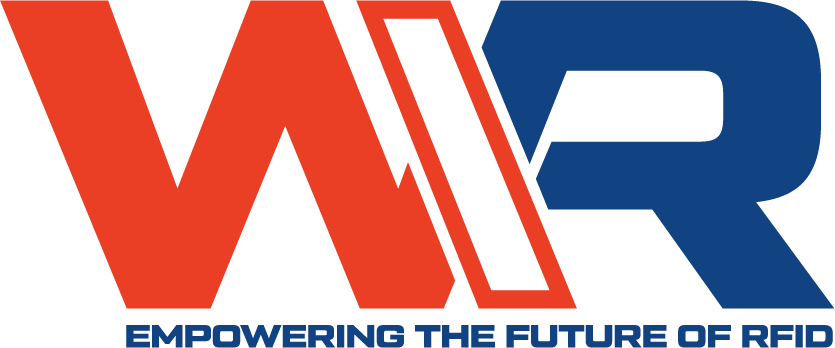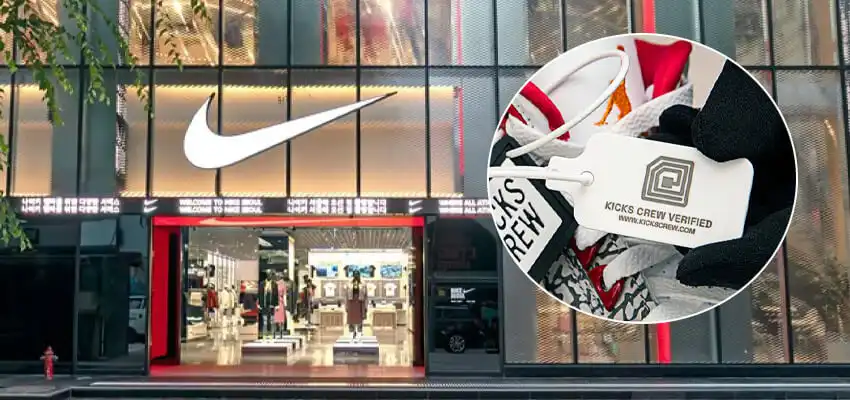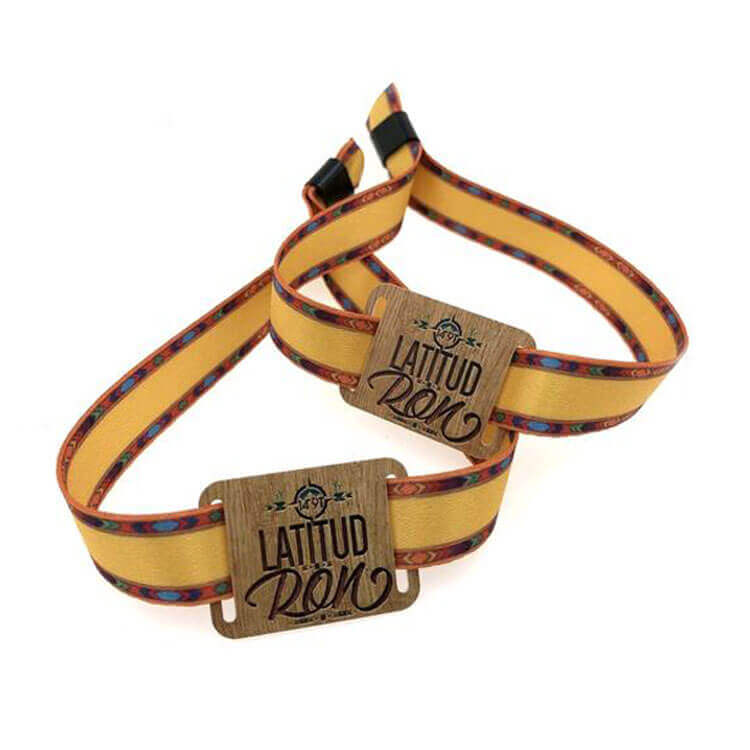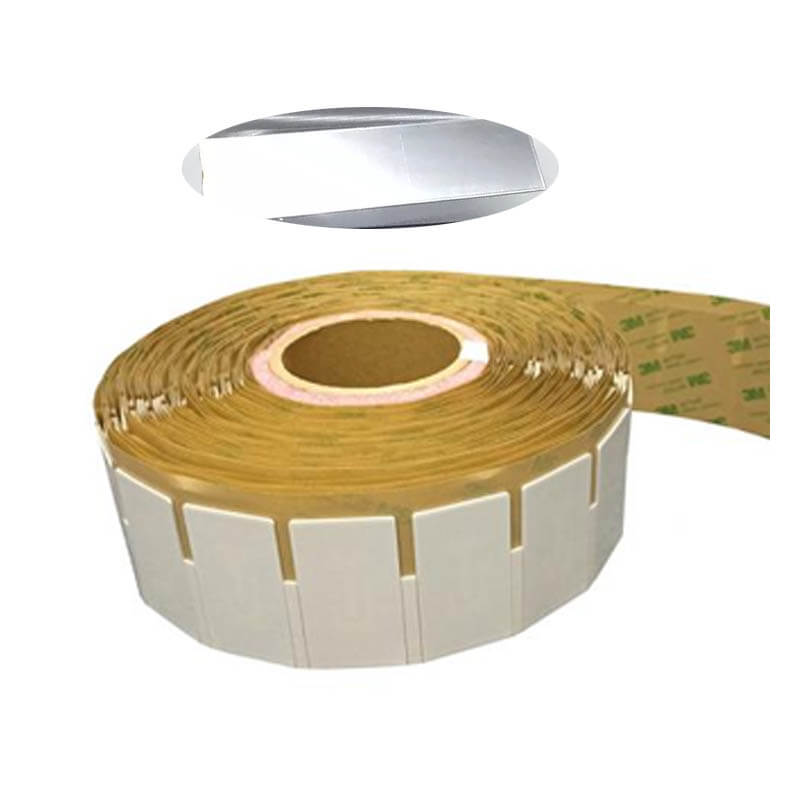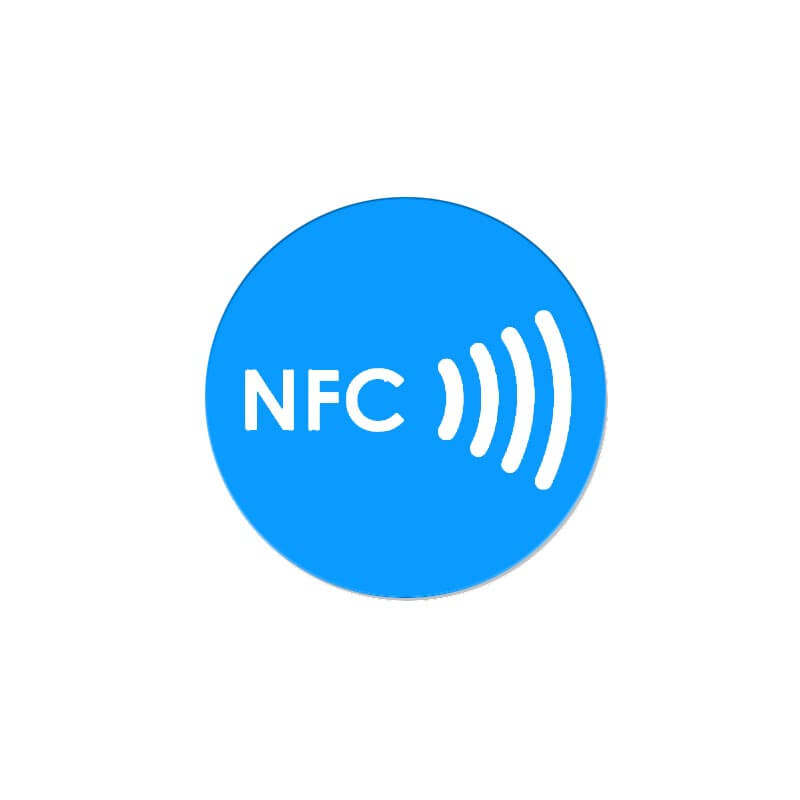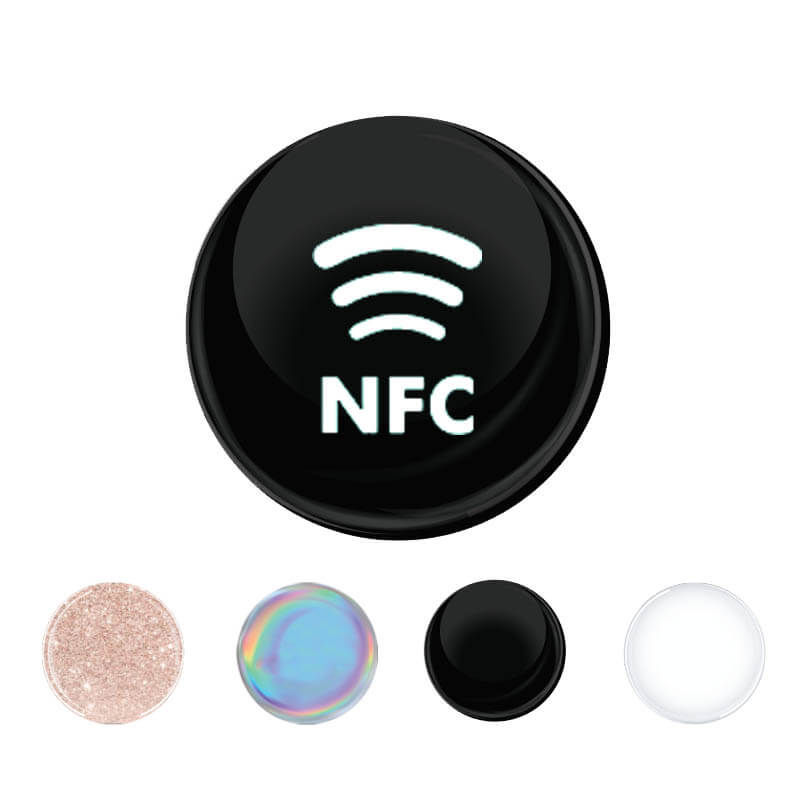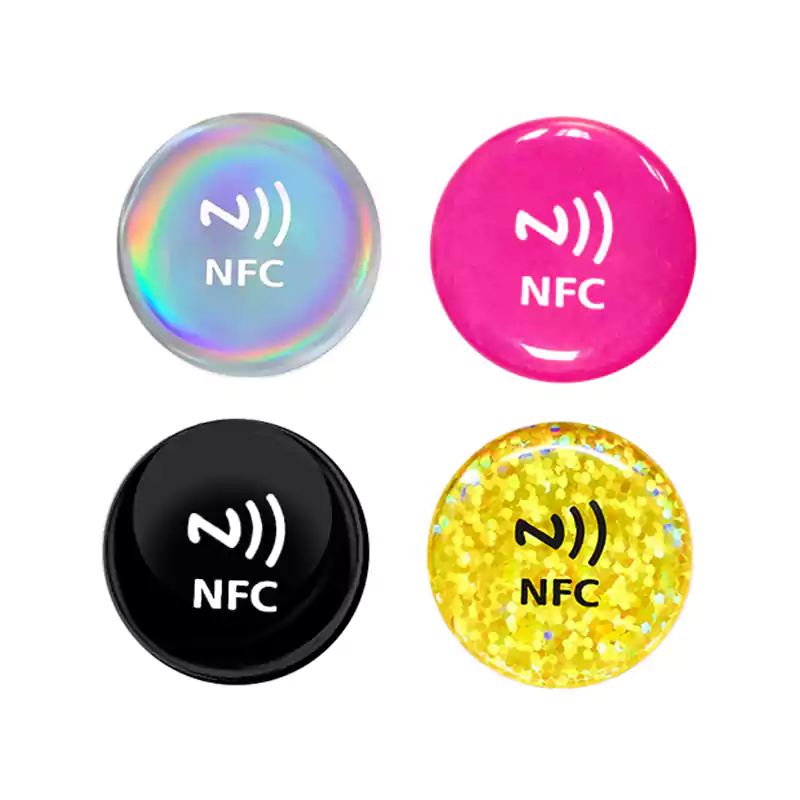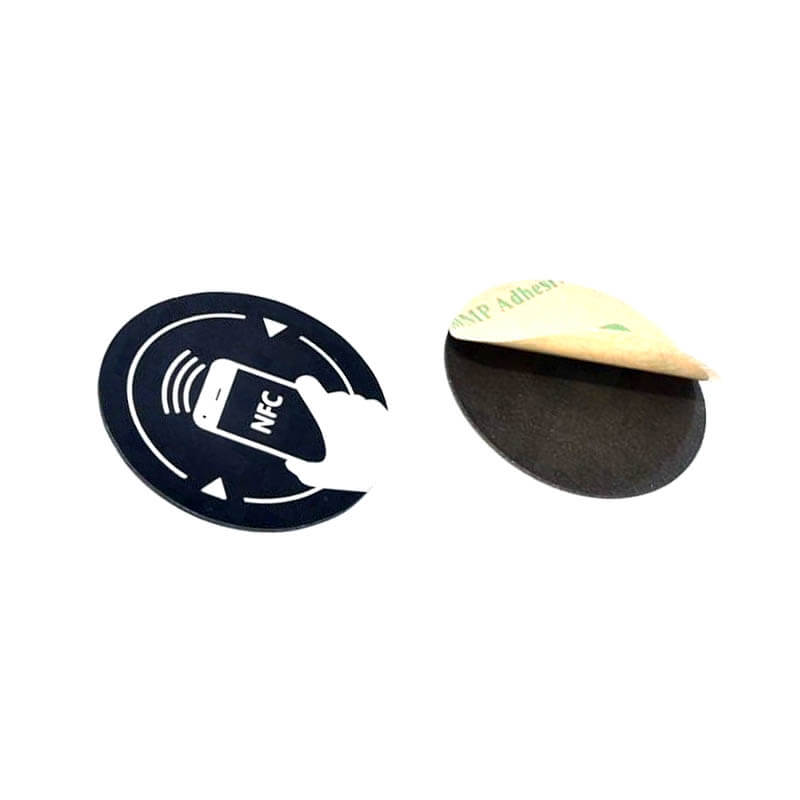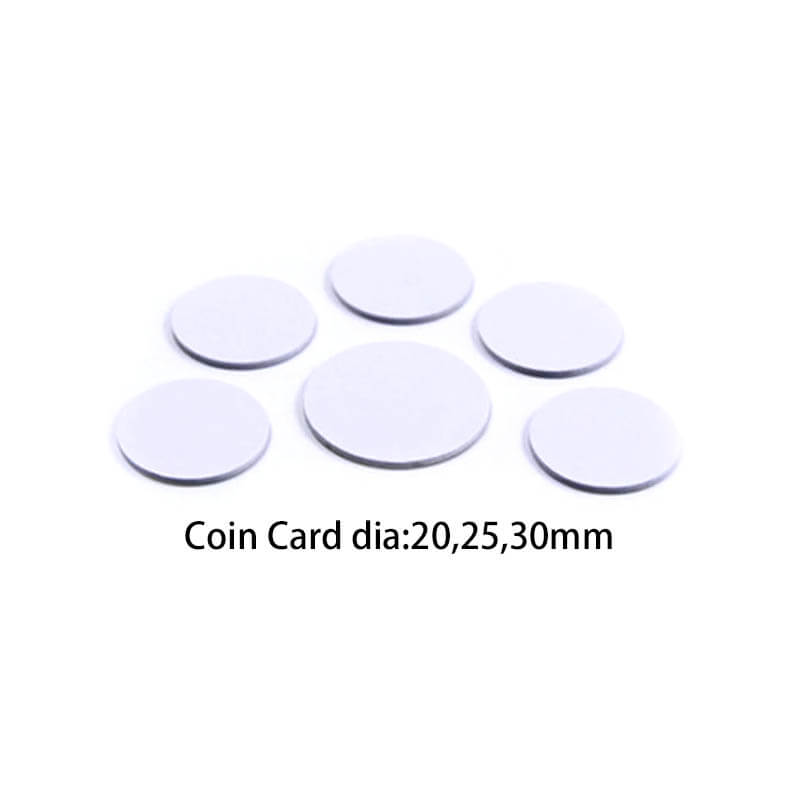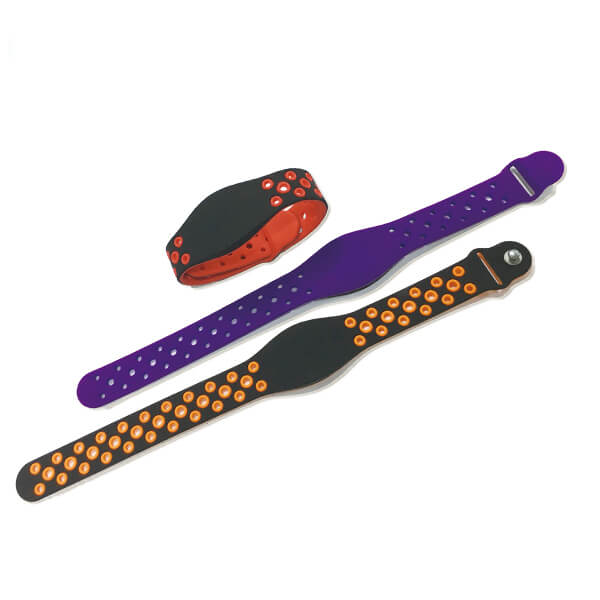If you’ve been following the news lately, you may know that Nike has been testing new technology in their shoes called Radio Frequency Identification (RFID) tags. These small chips are embedded in the soles of sneakers, and they allow users to track how far they’ve run or how many calories they’ve burned. The company claims this will help them better understand and serve their customers, but what exactly is RFID? How does it work? In this article, I’ll explain everything from manufacturing to consumer experience with RFID technology so that by the end you’ll have a better understanding of why Nike decided to integrate these tiny chips into their new line of sneakers.
What makes RFID a good technology for Nike?
RFID is a good technology for Nike because RFID tags have already been integrated into many of the products that they sell. This technology is already present in products including athletic footwear, apparel, and equipment.
RFID tags allow products to be tracked through the supply chain, so if there is an issue with quality control or shipping errors, they can easily locate the exact item that needs to be recalled or fixed. This makes it easier for companies like Nike who have hundreds of thousands of products going through their factories each day.
Moreover, RFID enables customers to utilize a smartphone app that communicates directly with their sneakers to get data such as how many kilometers they have run or whether they need to replace their shoes altogether. For instance, you might use a phone app that links directly through Bluetooth signal from your Nike Air Max shoes if you start running in them but decide you don’t want to after 500 miles.
The advantages of using RFID in the production process
In the production process, RFID tags would be useful for tracking inventory. If you have a large warehouse full of boxes, it can be difficult to locate which ones belong to you. In addition, it’s time-consuming for employees to search through all those boxes to find what they need.
RFID tags could allow your workers to quickly scan items as they move in and out of the warehouse—saving time and money. No more wasted trips back upstairs because someone forgot their phone charger or lunch box!
When combined with proper labeling systems, RFID can also help you track where products are located within your facility at any given time. This makes it easy for managers and workers alike who need parts/products throughout any given week to know exactly where those items are located within each department or area of business operations without having too many people searching through each section individually (which wastes valuable time).
The advantages of using RFID in the consumer experience
RFID offers many advantages, but the most significant is improved inventory management. RFID tags are programmable and can store data on the product they’re attached to—like its size, color and quantity. This helps retailers keep track of their inventory better. The technology also allows them to know what products are selling well in which stores and when they need to restock on any particular item.
This means that customers usually won’t have trouble finding the sizes they want while shopping online or visiting physical retail locations such as Nike Town stores because all of these products are located in one place rather than scattered around different departments within each store location as was previously done with barcodes scanned manually by employees when someone was ready for purchase (which could take up valuable time).
This also makes it easier for more customers who may not be able to come into physical stores due to physical limitations like mobility issues caused by chronic pain syndromes like fibromyalgia or rheumatoid arthritis; limited access time due to working full-time jobs outside our homes without having childcare available 24 hours per day 7 days per week 365 days per year; being elderly; etc.)
What does the future look like for this technology?
Nike is the first major footwear manufacturer to adopt RFID tags in their products, but that doesn’t mean it’s the last. As consumers become more educated about RFID and the benefits it can offer them, other shoe companies may follow suit.
Whether or not Nike’s innovative technology will catch on remains to be seen, but one thing is for certain: this new way of tagging shoes with radio frequency identification (RFID) chips could be a key part of future manufacturing processes.
RFID can improve the consumer experience and is necessary for manufacturing
RFID can improve the consumer experience, and is necessary for manufacturing.
RFID tags and sensors can be used to identify a product or its condition. In a retail setting, this information helps determine whether your shoes are authentic or not (and how old they are). If you notice that one shoe in your pair feels tighter than the other, RFID tags can help track down what size of shoe you actually purchased from Nike.
This technology also allows retail stores to measure how many times customers visit their store as well as how long they spend there—allowing them to tailor their services around client preferences.
With regard to manufacturing processes, RFID has been used for years now at large companies such as Nike and Adidas; however, it wasn’t until 2008 when RFID was introduced into mass production applications at these companies that consumers saw any real benefits from this technology being integrated into footwear production processes.
As we saw, RFID tags are a great way to create more value for customers and improve the efficiency of your manufacturing process. They can also help reduce counterfeit goods and fraud, which is especially important in today’s environment. We hope this article has given you some insight into how these tiny devices work and why they matter so much!
Related articles:
- Why You Need RFID Jewelry Tags?
- Use of RFID Technology in Hospitals – 7 Things You Can Track
- A Guide to RFID Tags Types And What are they Difference
- RFID on Metal: A Few Things You Should Know about RFID and Metal Surfaces
- RFID for Files and Archives Management
- 5 Proven Ways to Use RFID in the Food Industry
- What You Need to Know About Adidas’s RFID Tag Solution
- What Are RFID Tags and How Are They Used?
